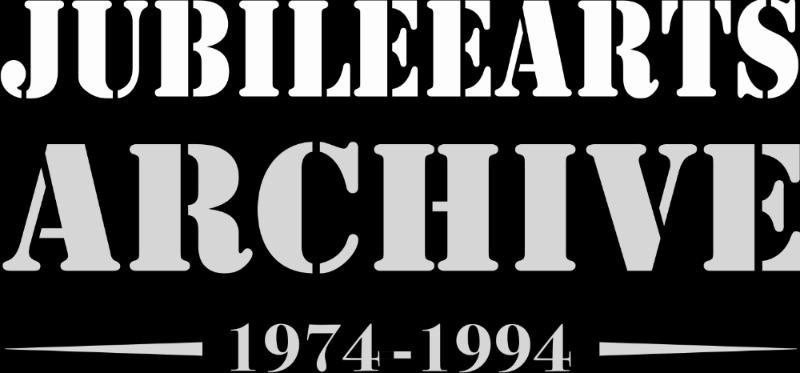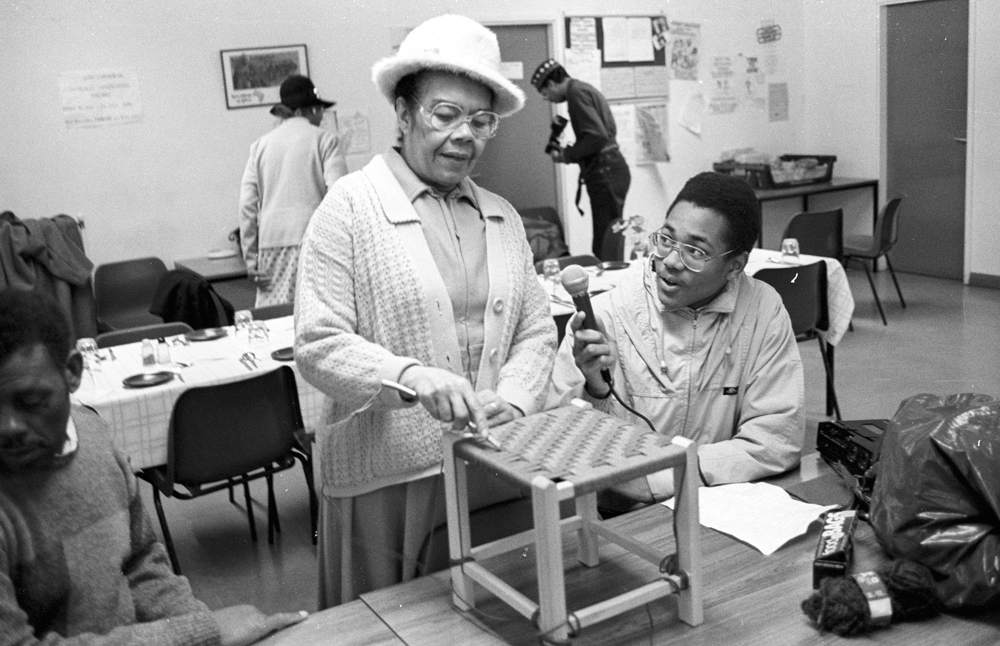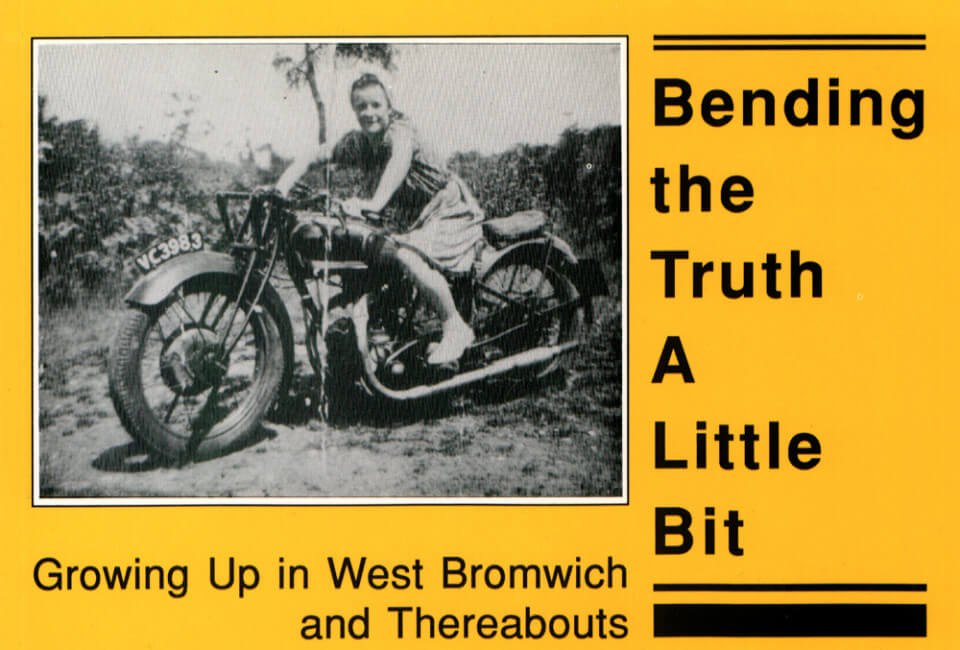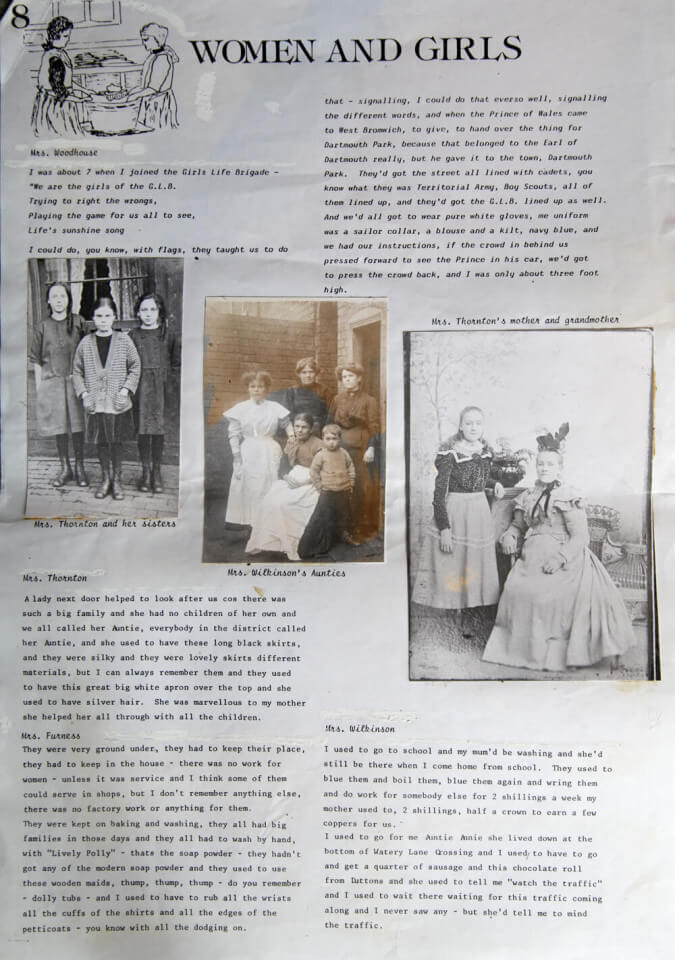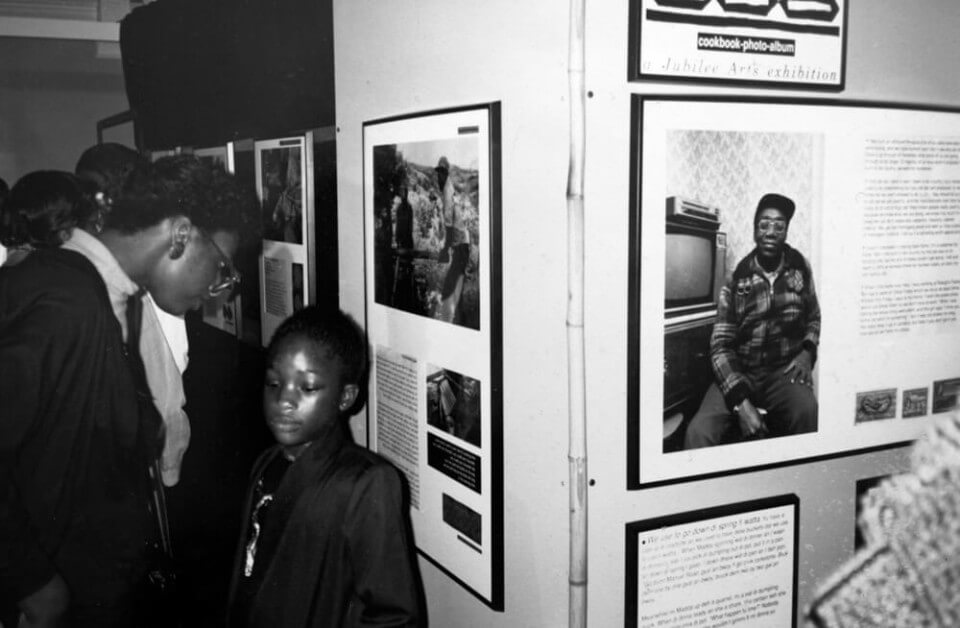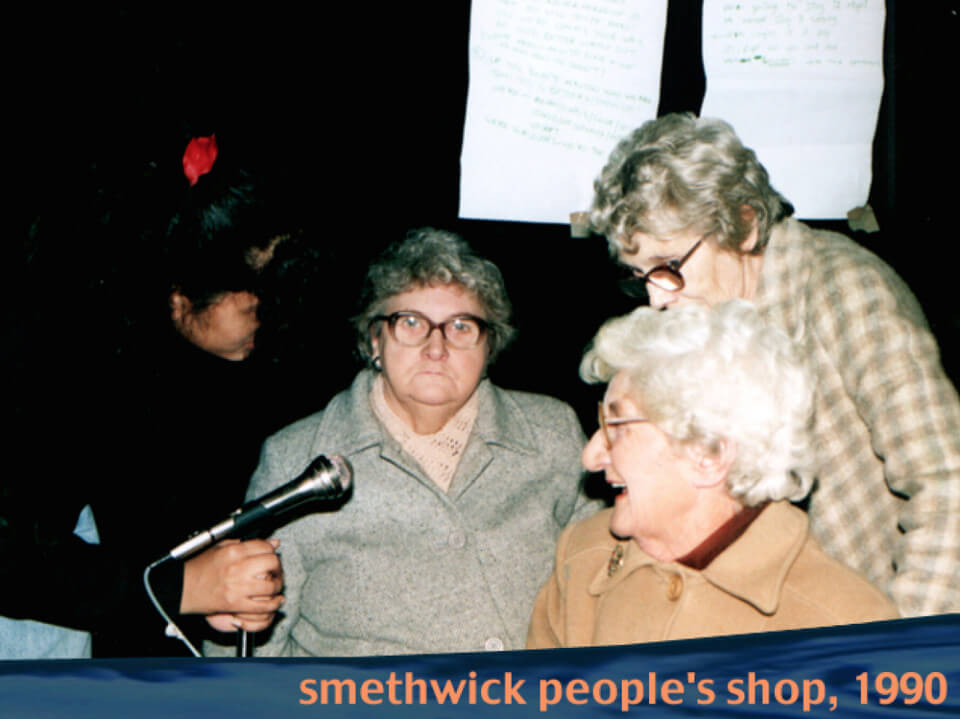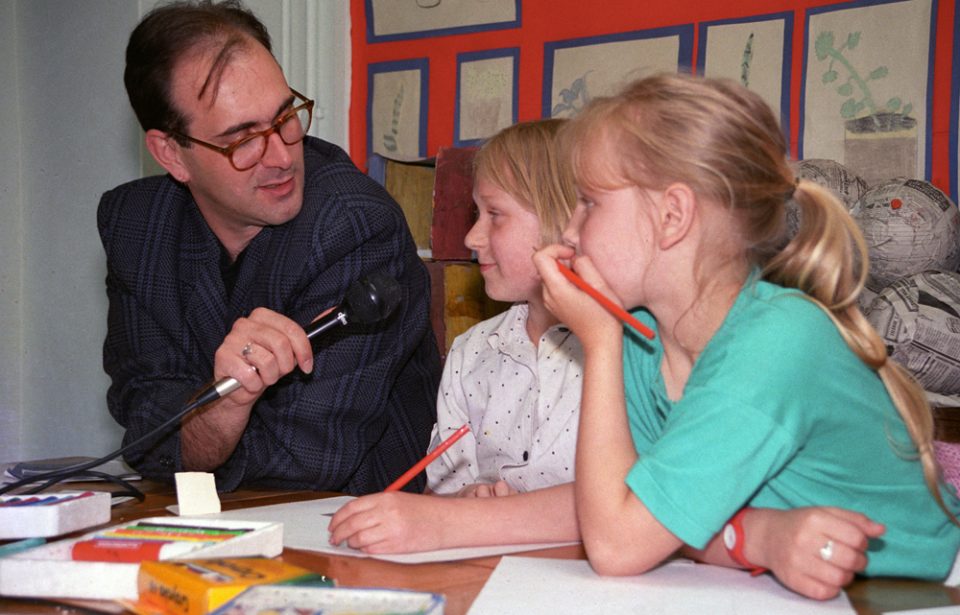From 2012, the Listening Project collected ‘intimate conversations between friends or relatives, to build a unique picture of our lives today’ – broadcasting 1,481 episodes, a partnership between BBC Radio 4, BBC local and national radio stations, archiving them at the British Library. Though inspired by Storycorps in the USA, one might argue that the philosophy behind this type of project comes from the community arts field, as did the idea of video diaries. Many community arts groups in the 70s and 80s recorded personal stories and reflections on tape, though rarely for posterity. They were very much of the moment, actions from day to day for use in a performance, as part of an exhibition, for a campaign, for a statement poster or some other type of print. They did not consider themselves to be an ongoing museum project, nor were they trained archivists. In those days, for Jubilee the key relationship within the local authority was with the Recreation and Amenities Department, rather than with Museums and Archives.
As community artists, influenced by Charles Parker, Studs Terkel, or the Mass Observation movement in terms of valuing the stories of working class lives, they collected oral histories for use for projects such as ‘The Illustrated Tipton Times’ and more often than not reused the tapes, C-90 cassettes recorded over and over. In the 1960s, even the BBC themselves recorded over their videotapes for reasons of storage and cost. Goodbye early episodes of Dr Who! As for the early Sony black and white videotapes that Jubilee used, these were catalogued, but the medium did not last, literally crumbling over time. There were some groups who had a broader archival aim; Banner Theatre, for example, using actuality recording as part of their live music performances – with their archive of tapes and slides deposited with Birmingham Libraries. At the time there were also groups like Bradford Heritage Recording Unit, which operated from 1983-1988, funded via Manpower Services Commission. This was a non-governmental body set up in the 70s to tackle high unemployment by offering six-month placements training opportunities. While it was often justly criticised for employers using the scheme to get a ‘free worker’, there were many genuine opportunities created for young people, particularly in the cultural sector.
This photograph is taken at the Afro-Caribbean Resource Centre in West Bromwich, first established in 1986, which offered dinners and craft sessions at that time. For the ‘Bickle’ project, taking food and cuisine as its theme, several audio recordings were made of participants, who shared their reminiscences and stories. These were then transcribed and used as part of the final exhibition design, the texts aiming to reflect the nuances and dialects of the Creole languages of the Caribbean islands. Notwithstanding, there were several arguments over spelling of certain words and expressions. In many of its projects Jubilee offered media training for young people, with audio recording, photography, video, how to interview and ask questions, in this instance working with some young people who attended Churchfields school.
